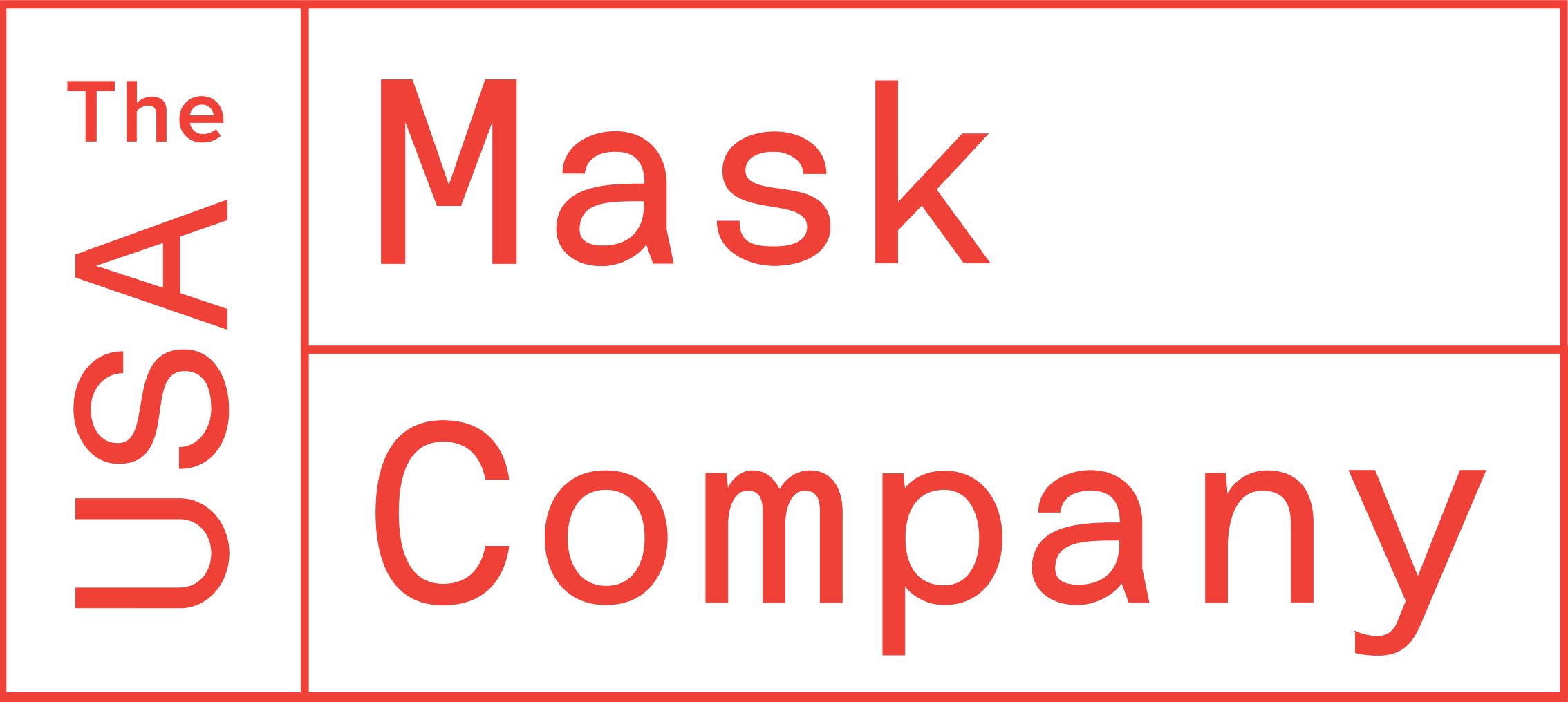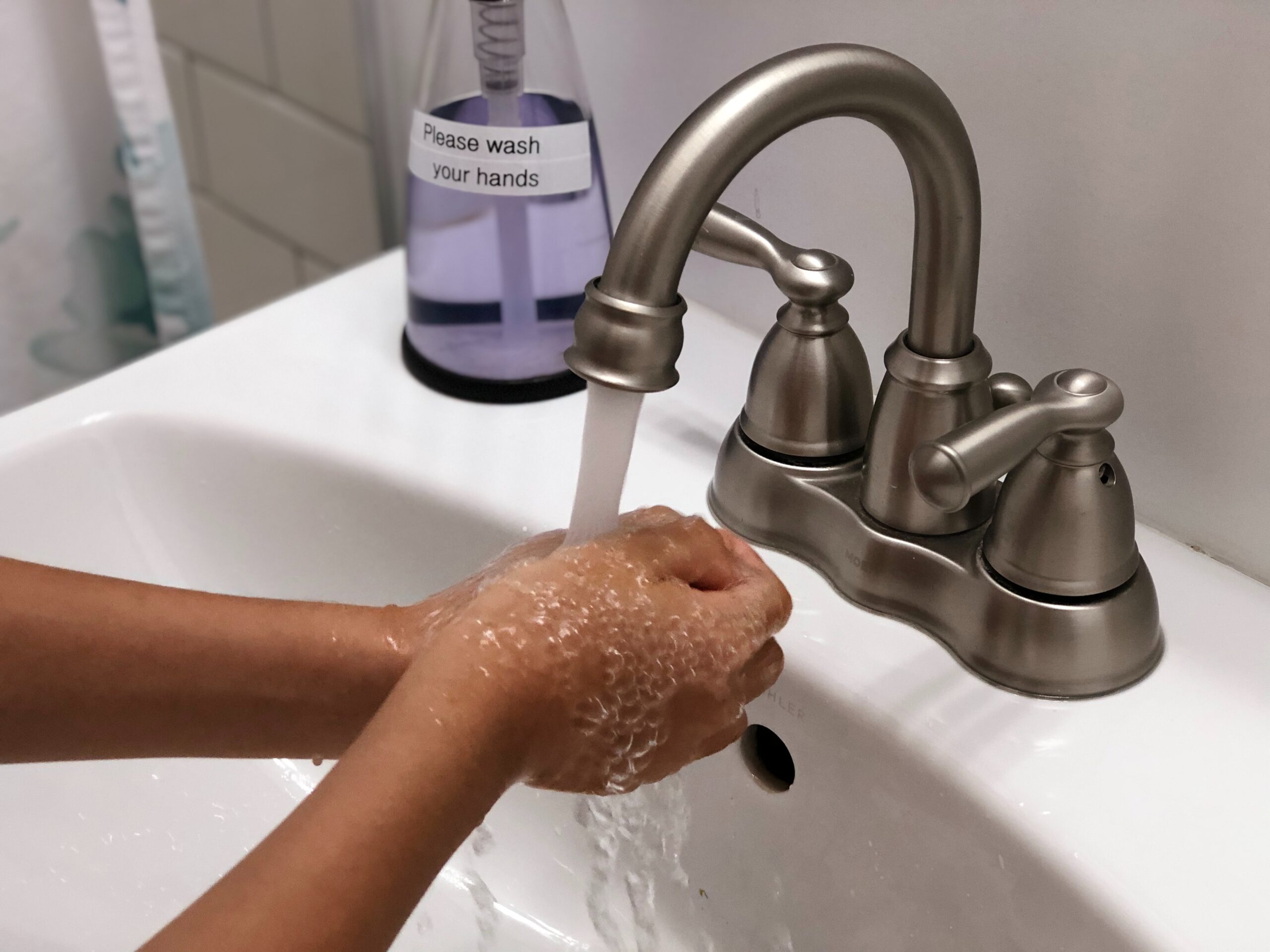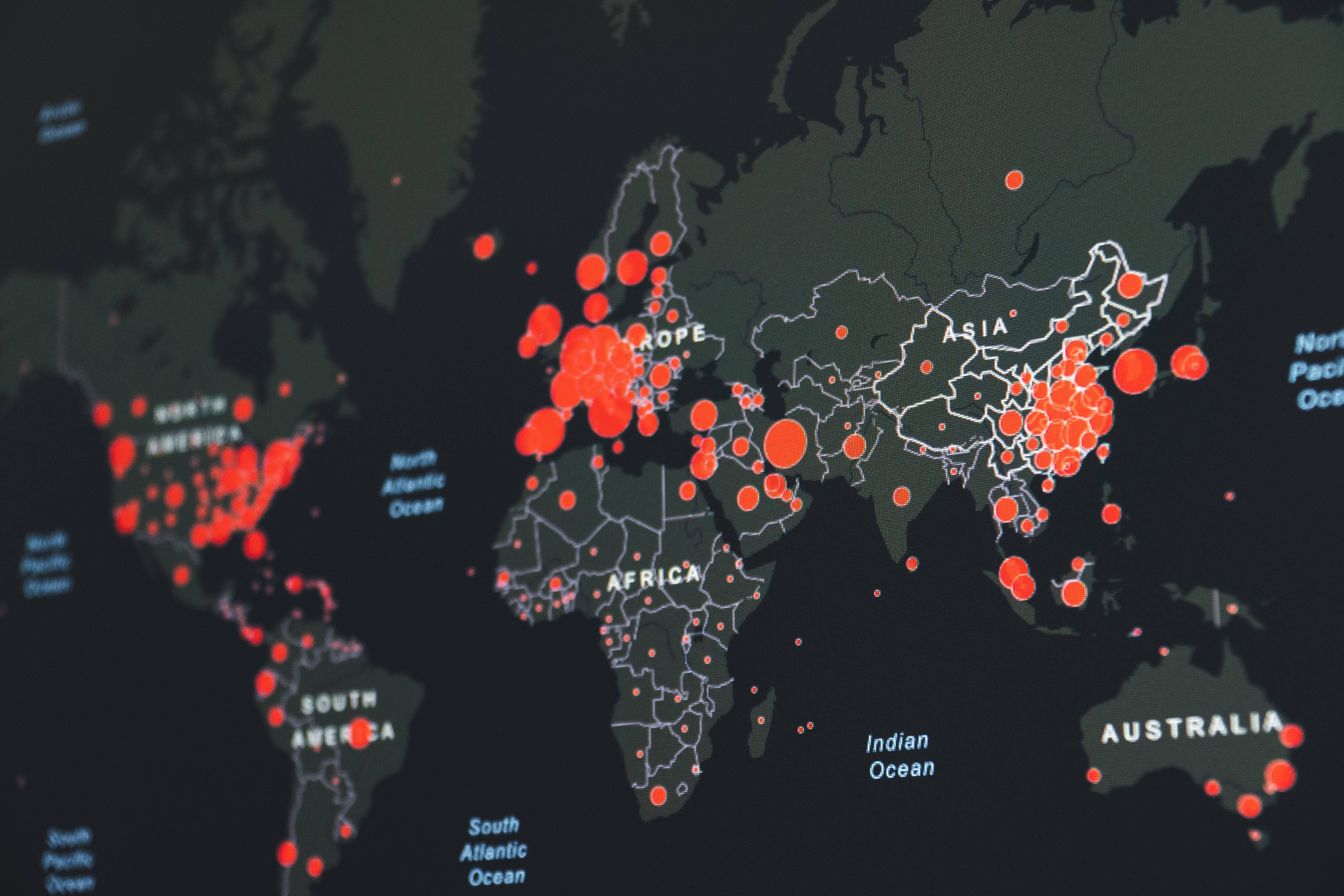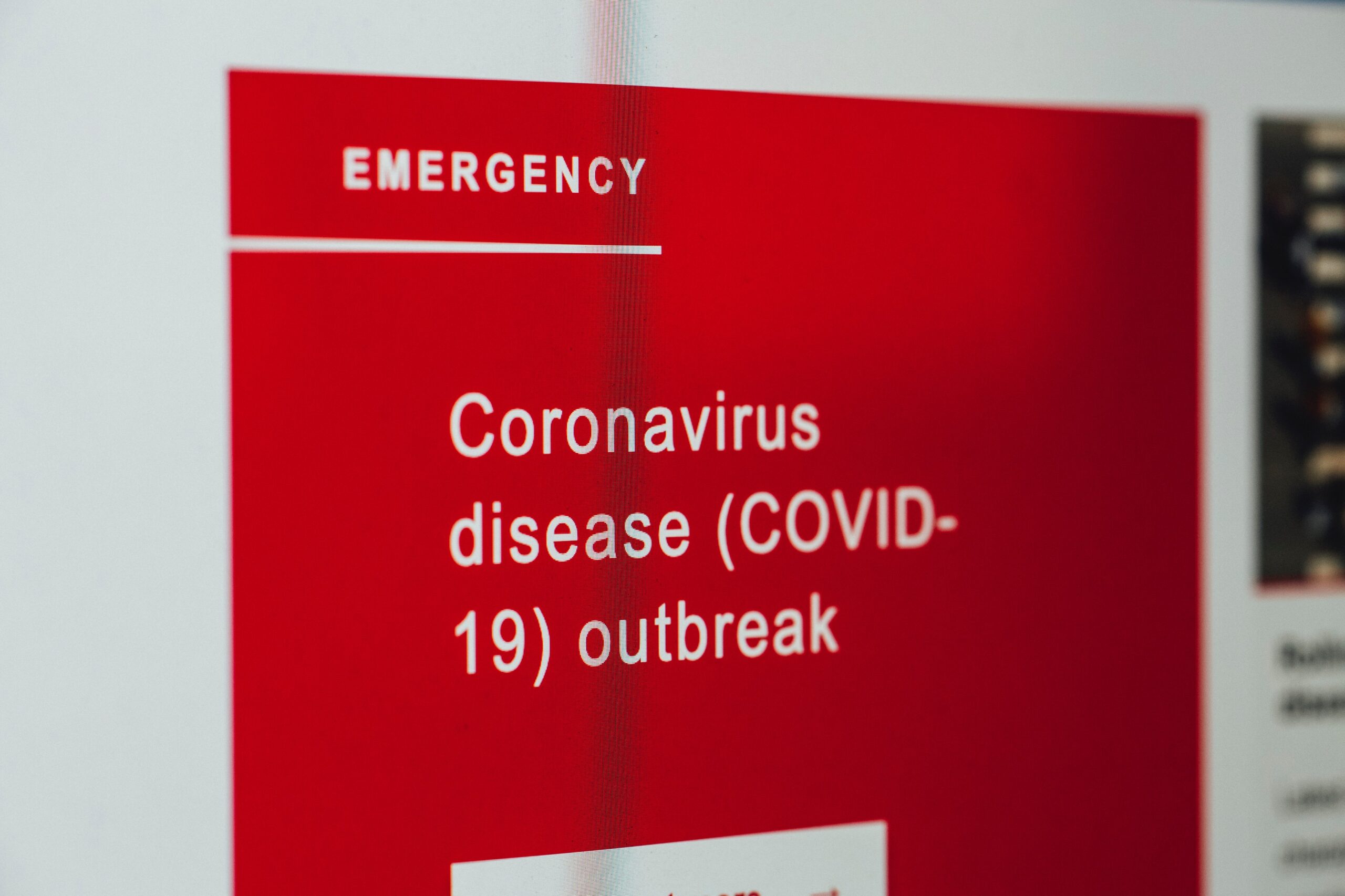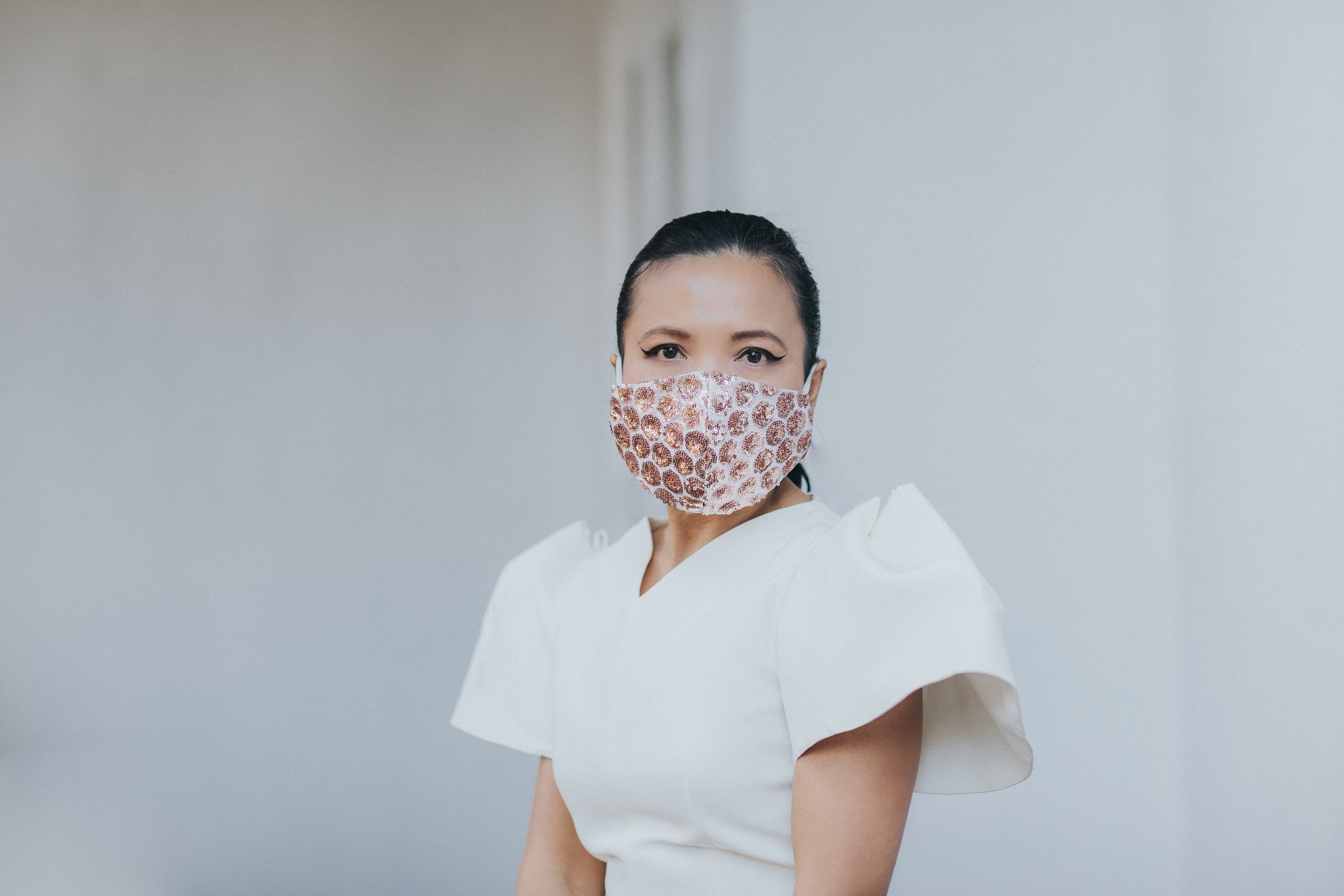Few people know that proper hand-washing to prevent diseases has been a global campaign since 2009. The SAVE LIVES: Clean Your Hands campaign or World Hand Hygiene Day is an annual celebration every May 5th to encourage healthcare professionals around the world.
Nothing good comes out of being ill from COVID-19. Aside from the damage it can cause our bodies and its potential to be fatal, some coronavirus patients have also experienced trauma from others who pointed fingers at them and told them it’s all their fault.
Despite 27 states along with the District of Columbia and Puerto Rico, recently extending or issuing stricter mask mandates this month to curb the spike of COVID-19 cases, 23 states have relaxed the wearing of face masks, leaving their constituents to decide on whether to protect themselves from COVID-19 or otherwise.
A lot has changed since the COVID-19 pandemic emerged worldwide particularly on how health experts are encouraging the public to protect themselves. Last year, filtering respirators such as the N95 and KN95 varieties were in short supply prompting health authorities to reserve them for medical use only. However, health authorities are now recommending the wearing of N95 and KN95 respirators for the general public instead of opting for low-grade face masks this year.
Since face masks and respirators are here to stay in our continuing fight against COVID-19, many brands are integrating fashion with function in their products, leaving many to wonder if these essentials can be turned into fashion statements.
As more expectant mothers in the U.S. are growing worried about the effects of COVID-19 on their pregnancies, the Centers for Disease Control and Prevention (CDC) has released standards and guidelines to ensure their safety and wellbeing.
While recent studies show that there’s a low risk of infection to newborns, it is still important for mothers to wear face-coverings and practice proper hygiene to avoid contracting the COVID-19 virus during the pregnancy or when taking care of a newborn considering that they are at an increased risk for severe illness.
Proper protocols upon detection of pregnancy
According to the CDC, women who are pregnant but do not show any COVID-19 symptoms should still make regular antenatal care visits to health facilities, where health workers will educate them on the symptoms and the importance of social distancing, the wearing of face masks when meeting visitors or going out, and what to do when they experience pregnancy-related complications. Medical-grade face masks with 95% levels of protection such as KN95 respirators are recommended for mothers from the gestation period to delivery.
For pregnant women who are experiencing symptoms or have been in contact with a potential carrier, testing and treatment should be administered immediately at a COVID-19 health facility, after which the general triage process will be observed.
Birthing alternatives out-of-hospital
A concerted effort by the CDC together with the American Hospital Association, the American College of Obstetricians and Gynecologists, the Society for Maternal-Fetal Medicine, and immunologists has also shed light on out-of-hospital deliveries for expectant mothers.
Among these, home births or deliveries in nearby birth centers that can provide prenatal, labor and delivery, and postpartum support are accessible countrywide. This, considering saturated admissions in hospitals for COVID-19 patients and the high risks involved in having their deliveries at hospitals can increase their chances of being infected.
Fortunately, there is no shortage of midwives in the U.S. with over 12,000 professionals across the country. However, midwives need to ensure that mothers are aware of available birthing options, potential risks involved in opting for out-of-hospital births, and proper practices in delivering newborns. It is also essential for midwives to practice infection protocols such as the wearing of face-coverings during health visits so they can also avoid COVID-19.
